SUMMARY
This is AI generated summarization, which may have errors. For context, always refer to the full article.
![[OPINION] Political parties must embody Bangsamoro people’s aspirations](https://www.rappler.com/tachyon/2024/03/imho-bangsamoro-embodiment-03212024.jpg)
The Bangsamoro Autonomous Region in Muslim Mindanao (BARMM) exists because of the people’s collective assertion of their right to self-determination, and the role of political parties in regional governance is an affirmation of the relentless spirit of the Bangsamoro struggle.
This collective assertion of the right to self-determination is embodied in the Bangsamoro Organic Law (BOL), which encourages that “genuinely principle(d)” political parties are to be embedded in the BARMM’s political structure.
The principled nature of political parties in the BARMM presents the possibility of fulfilling what the Bangsamoro people have always sought in terms of politics and governance in the Philippines – genuine and meaningful representation, and the realization of the people’s highest goals and aspirations.
The decision to adopt a parliamentary form of government echoes the spirit of consensus building that is highlighted in Islam, which opens up spaces for collective decision-making in a community that is as diverse as the Bangsamoro region.
As the region prepares itself for its first regional elections – originally slated for 2022 but now scheduled in 2025 after an extension of the BARMM Regional Government’s three-year transition period – political parties have also started to pick up the pace in organizing and consolidating their members and supporters across the region.
Representatives of political parties elected through a system of “proportional representation” will make up half of an 80-member Bangsamoro Parliament following the midterm elections, elected based on the Bangsamoro territorial jurisdiction.
With this in mind, the Bangsamoro Parliament worked on drafting and passing a Bangsamoro Electoral Code (BEC) that is inclusive and representative of the diversity of the Bangsamoro region – one that empowers the people to “freely pursue its political, economic, social and cultural development.”
Inclusive baselines
This can only be fulfilled by making sure that the standard requirements for political parties are aligned with the social and political realities of various communities and sectors that make up the Bangsamoro region, and that these baselines are inclusive and not prohibitive in terms of political participation.
The region’s electoral code is a product of intense debate and deliberation in the halls of Parliament and is an articulation of many points of agreement and disagreement among the members of Parliament. It is a landmark document that outlines the future of electoral processes in the Bangsamoro region, and many lessons can be drawn from the process of passing the legislation, from community consultations to the final approval and adoption of the law.
The BEC provides the framework that will guide political parties in building their structure from the ground up and ensures that all political parties that will participate in the elections have shared baselines.
In a political structure that is still in a constant state of flux such as that of the BARMM Regional Government, these baselines help communities and sectors to build organizations that embody the ideals of political parties as essential institutions in a functioning democracy while also preserving the diversity that makes a democracy vibrant and representative of its people.
The political party system, as embodied in the BARMM Regional Government and laws such as the BOL and BEC, holds so much promise for the people who have fought for their right to self-determination. It provides an opportunity for the people not only to vote for representatives but also to represent their communities and sectors directly in the Regional Government.
It also equips and empowers them to vote not just for personalities, but for political parties that advocate for actual policies and programs that match their needs and interests as a community fighting for their rights across sectors and platforms.
That said, the upcoming elections will serve as a litmus test for the BOL and BEC. The results will be informative and instructive, whatever they may be, as the Bangsamoro region continues to move forward in its struggle for actualization and self-determination. – Rappler.com
Amir Mawallil is the president of the Bangsamoro Peoples Party. A former journalist, Mawallil is now a member of the Bangsamoro Parliament. A graduate of the Ateneo School of Government, he previously served for seven years as the public information director of the defunct Autonomous Region in Muslim Mindanao.
Add a comment
How does this make you feel?
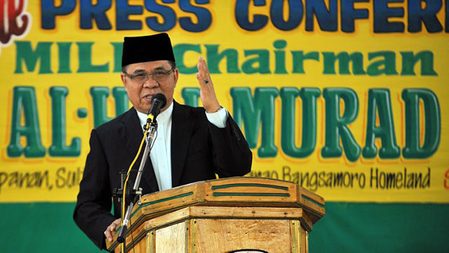





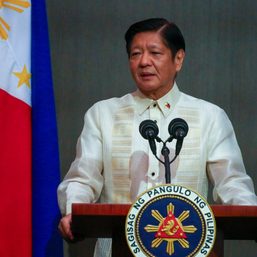
![[OPINION] A challenge to Marcos government and MILF](https://www.rappler.com/tachyon/2024/03/TL-Challenge-Marcos-MILF-March-25-2024.jpg?resize=257%2C257&crop_strategy=attention)
![[OPINION] A long and winding road to peace in Bangsamoro](https://www.rappler.com/tachyon/2023/05/TL-Long-winding-road-peace-bangsomoro-May-6-2023.jpg?resize=257%2C257&crop=281px%2C0px%2C720px%2C720px)
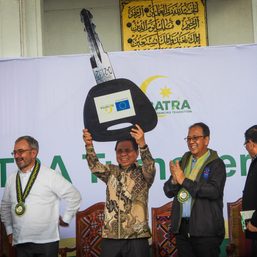

![[OPINION] Clock ticking for MILF leaders for the 2025 BARMM polls](https://www.rappler.com/tachyon/2024/05/tl-2025-barmm-election.jpg?resize=257%2C257&crop_strategy=attention)
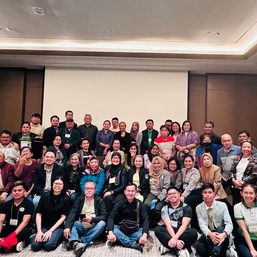


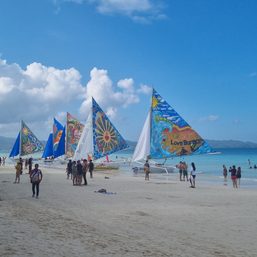
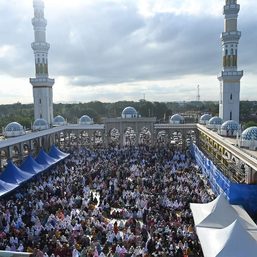
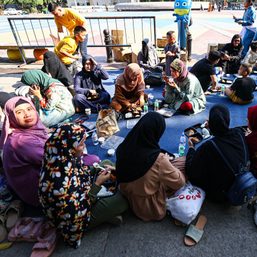
There are no comments yet. Add your comment to start the conversation.